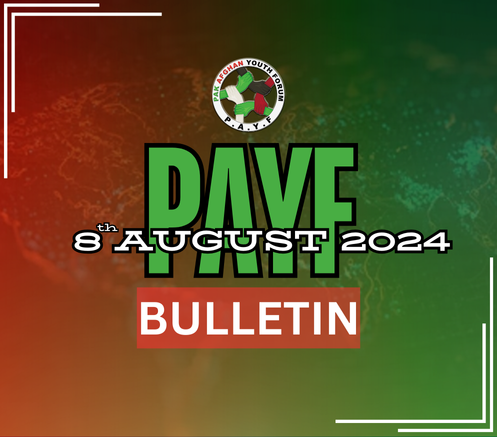The World Health Organisation (WHO) has extended travel restrictions on Pakistan for 90 days amid outbreak of poliovirus cases.
The extension came during the meeting of the Emergency Committee of the WHO held on November 6 regarding the international spread of poliovirus at WHO headquarters, according to a statement.
The Emergency Committee reviewed the data on wild poliovirus (WPV1) and circulating vaccine derived polioviruses (cVDPV). The Secretariat presented a report of progress for affected IHR States Parties subject to Temporary Recommendations.
The meeting reviewed steps taken by the Pakistani government to control the increasing number of poliovirus cases.
The WHO expressed concerns over the increasing number of poliovirus cases in Pakistan and Afghanistan.
Notably, Pakistan has reported 59 cases of the crippling disease in 2024 so far.
According to the National Emergency Operations Center (NEOC) for Polio Eradication, the newly reported cases emerged from Dera Ismail Khan, Kemari, and Kashmore.
The NEOC confirmed that all affected children tested positive for Wild Polio Virus Type 1.
Balochistan leads with 26 polio cases, followed by Khyber Pakhtunkhwa with 16, Sindh with 15, Punjab with one, and Islamabad with one.
Health authorities continue their efforts to combat the spread of the virus through vaccination campaigns and public awareness initiatives.
Also See: Pakistan, Afghanistan each Launch a Polio Vaccination Campaign Amid Resurgence in Cases
Symptoms and risk
Polio, a highly infectious disease, arises from a virus. It invades the nervous system and can cause total paralysis in a matter of hours.
The poliovirus spreads from person-to-person mainly through the faecal-oral route or, less frequently, through a common vehicle (for example, contaminated water or food) and multiplies in the intestine. Initial symptoms are fever, fatigue, headache, vomiting, stiffness of the neck and pain in the limbs.
One in 200 infections leads to irreversible paralysis (usually in the legs). Among those paralysed, 5–10% die when their breathing muscles become immobilized.
The disease mainly affects children under 5 years of age. However, anyone of any age who is unvaccinated can contract the disease.
There is no cure for the crippling disease, it can only be prevented. Polio vaccine, given multiple times, can protect a child for life.
There are two vaccines available: oral polio vaccine and inactivated polio vaccine. Both are effective and safe, and health authorities use them in different combinations worldwide, depending on local epidemiological and programmatic circumstances, to ensure they provide the best possible protection to populations.
This news is sourced from [ARY News] and is for informational purposes only.



